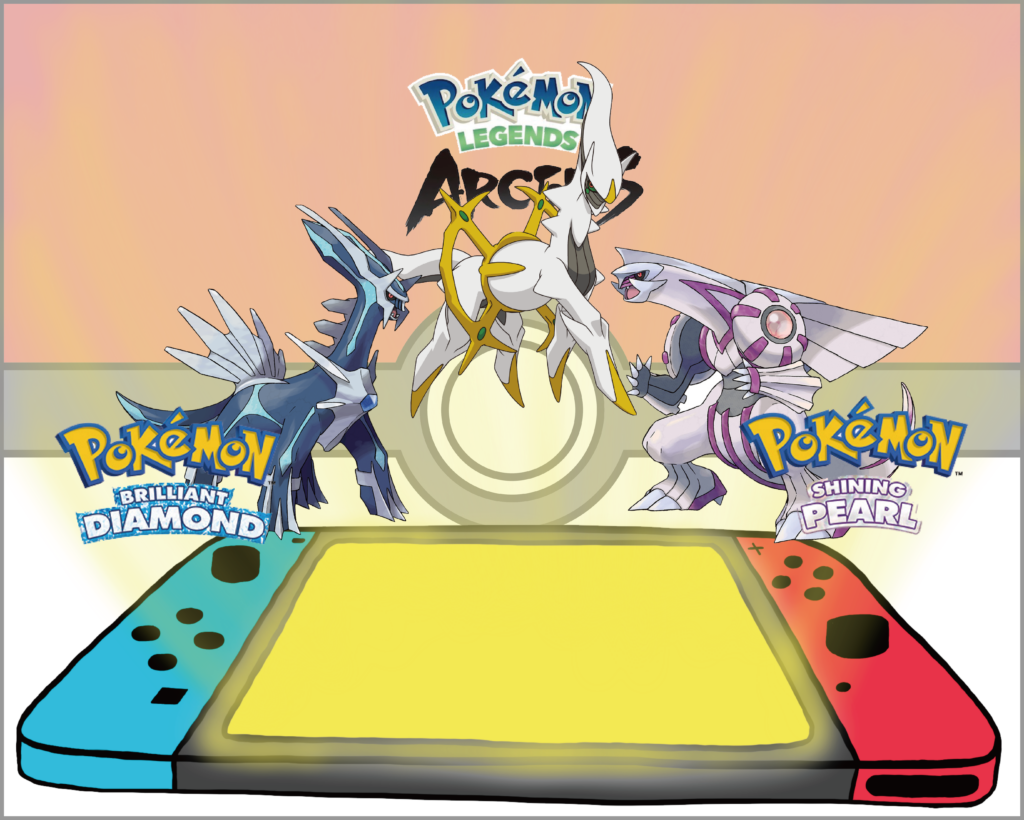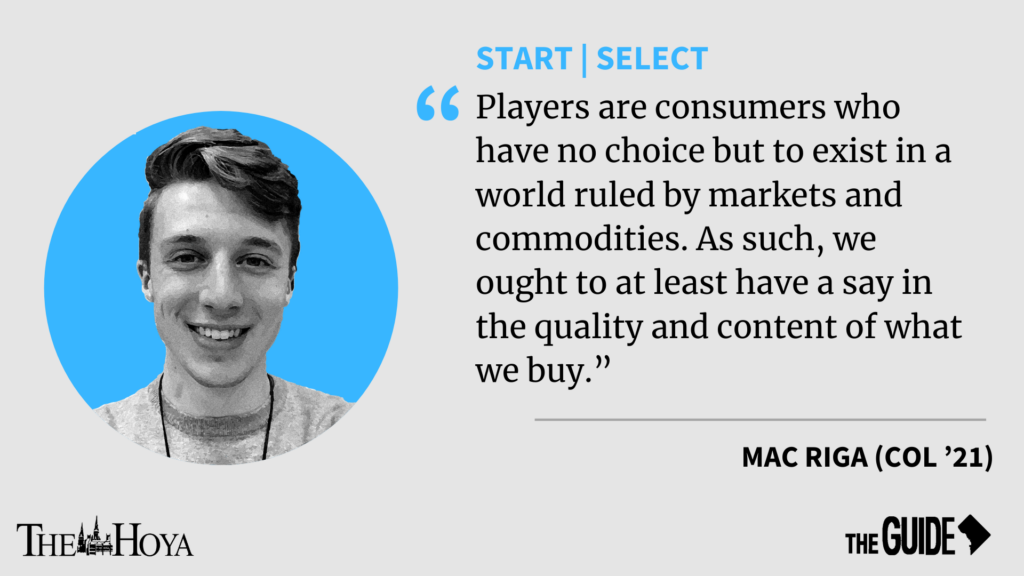Pokémon has wormed itself into becoming a staple in Generation Z’s childhoods since 1996. The franchise has an immense legacy: from the video games to the anime to the trading card game and more, Pokémon is nothing short of a cultural touchstone. But as fans become more and more disappointed with the stagnancy of the game, are these new iterations revitalizing the game or just playing on fans’ nostalgia?
The video game series has seen a number of remakes in the last 25 years. In 2004, Game Freak released “Pokémon FireRed” and “Pokémon LeafGreen,” remakes of the series’ first titles “Pokémon Red” and “Pokémon Blue” from 1996. The 2004 releases opened the floodgates. Remakes of each successive generation of Pokémon titles have become an expectation. Fans, however, found themselves split between two ideals: updated games that modernize the experience and faithful remakes that preserve the gameplay perfectly.
After seven years since the last Pokémon remakes — “Omega Ruby” and “Alpha Sapphire” — fans were eagerly awaiting an announcement. GameFreak announced Feb. 26 that it would be releasing remakes of two classic Pokémon games “Brilliant Diamond” and “Shining Pearl.” Both titles are set to release by late 2021.
Before the new release, a vocal minority of Pokémon fans was not too pleased with the state of the franchise. Frustration has been building among some fans over the seeming stagnation of the series. Unlike other video game franchises like “The Legend of Zelda” and “Super Mario,” the Pokémon franchise seemed bound to tradition.
Critics say recent Pokémon remakes have stalled in innovation. Since the release of “Pokémon X” and “Pokémon Y” in 2013, the franchise has introduced gameplay gimmicks that last for only one generation before being entirely dropped. Many fans desire radical change in the Pokémon experience.
With the Feb. 26 release of “Pokémon Presents,” however, fans found their fears quelled. Game Freak gave a twenty-minute presentation announcing the long-awaited remakes of the fourth generation Pokémon games: “Brilliant Diamond” and “Shining Pearl.”
Immediately following this announcement, Game Freak rolled out another title in development. “Pokémon Legends: Arceus,” slated for an early 2022 release, appears to be an open-world Pokémon game set in medieval times. Very little is known about the game so far; from everything we do know, it is poised to be a drastic departure from the Pokémon formula.

In one fell swoop, Game Freak delivered on two fan requests: a faithful remake of beloved old titles and a brand-new game set to shake things up. The initial reactions on forums and the Pokémon subreddit, however, were negative. Critics leveled complaints about the graphic style, polish and performance of the titles. These complaints harkened back to the “Dexit” controversy surrounding “Pokémon Sword” and “Pokémon Shield” of 2019, when Game Freak did not include all 900 Pokémon in the games. Fan reactions have raised a debate among the fan base and gaming communities at large: Are these fans being entitled, or do we as gamers have a right to demand things from developers?
The reason this question is so difficult to answer is because video games are both products and works of art. Players are consumers who have no choice but to exist in a world ruled by markets and commodities. As such, we ought to at least have a say in the quality and content of what we buy. Video game developers are artists in their own right, however, and their artistic integrity should be respected.
Recognizing all of this, players cannot help but feel sympathy for Game Freak. After all, many of the people who became targets of fan anger are hardworking artists and developers. Holistically speaking, unpolished games are a product of a lack of funding and time for artists to work. These restrictions, in turn, come from some corporate suit worried about the bottom line. When fans decried the lack of Pokémon in “Sword” and “Shield,” Game Freak added more with the games’ downloadable content. When fans asked for both faithful remakes and ambitious new titles, Game Freak announced both on the same day.
Game Freak’s conflict of appeasing fans while still being authentic is tied up in greater questions of the ethics of consumption and capitalism. The systems of developer abuse that pervade the gaming industry are especially relevant to this conflict. Asking more of the companies that make our games is never a bad thing.















View Sonic • Mar 22, 2021 at 3:39 am
Useful post; your articles are best. Thanks for Share.